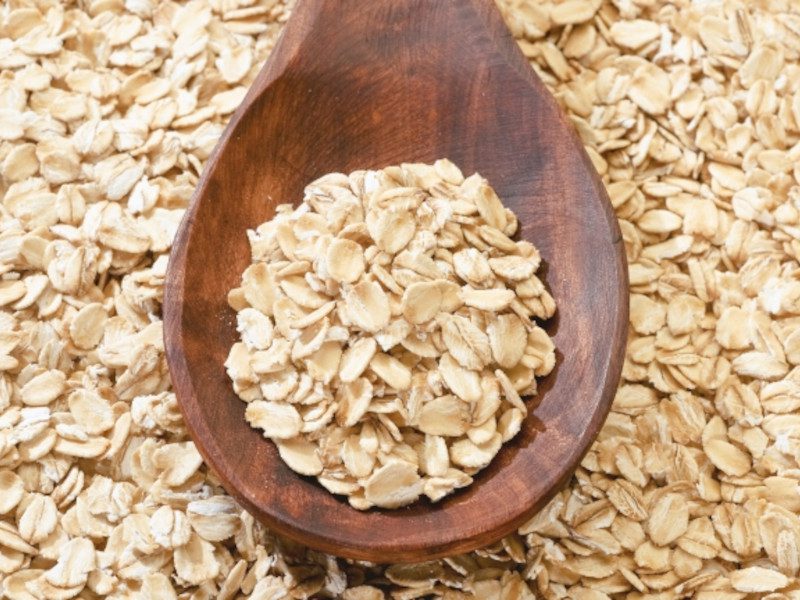Baker Perkins has orders on hand for a record number of complete high-output bread mixing and forming plants. All of them will be exported and will either add capacity or upgrade facilities in existing bakeries.
Steve Philpott, Sales Team Manager for the Bread and Biscuit sectors, said: “We are privileged to have won such a high level of orders in the difficult times created by the COVID19 pandemic. They illustrate the close partnerships we enjoy with our customers who continue to rely on our expertise and equipment.”
“We remain at the forefront of our sector of the baking industry by combining improved product quality with high efficiency and hygiene, plus ease of use and maintenance.”
The equipment will be delivered over a two-year period, and provide new employment opportunities in Baker Perkins’ Peterborough, UK factory, on which the company has renewed its lease for a further 17 years.
Baker Perkins’ bread mixing and forming process
Baker Perkins supplies the high-output tin-bread industry with integrated mixing and forming systems, and with unit machines. Precise mixing, accurate weight control and gentle dough handling all contribute to performance that drives bread quality up and production costs down.
The process starts with the Tweedy mixer, where accurate weighing of ingredients and thorough mixing to a specific energy input produces identical batches of dough.
For the highest quality loaf, the gas cell structure created in the mixer must be carefully preserved throughout the forming process.
This is accomplished by gentle dough handling, which minimises stress and damage to the dough so more of the cell structure developed in the mixer is retained. The dough proofs and bakes well to achieve the retained volume, colour and softness, but at a lower cost.
Production costs are reduced because gentle handling means that a lot less cleaning and maintenance is required – even so, the automatic mixing bowl system on the Tweedy mixer – and full washdown capability of the Accurist divider – make a big contribution to reducing produce changeover times, which raises production flexibility.
Every unit in the forming range has been optimised for gentle handling. The Accurist 2.1 Divider uses a servo-controlled ram to minimise pressure on the dough while maintaining a standard deviation of 2.5g to 3.5g on 900g pieces.
The Multitex4 moulder sheets, coils and moulds the dough pieces very gently so that it rises strongly and evenly. The resulting increases in volume and cell count of up to 10% give an excellent crumb structure and fine, even texture. The shape, colour and resilience of the slices are enhanced.
Many bakeries make use of Baker Perkins’ Innovation Centre at Peterborough, where they can carry out mixing, dividing and moulding trials with their own ingredients on production scale machines.






